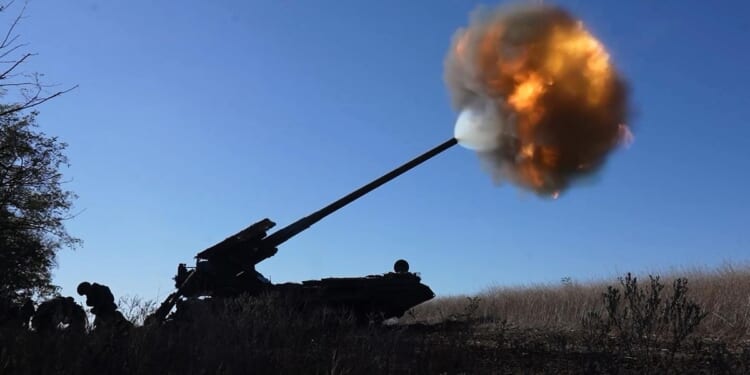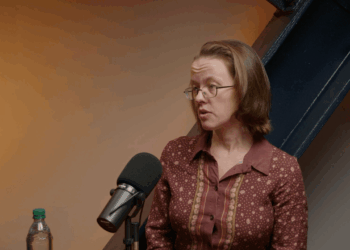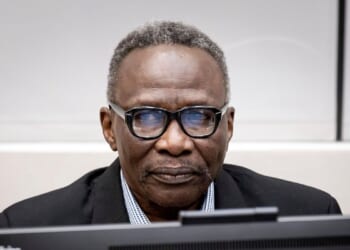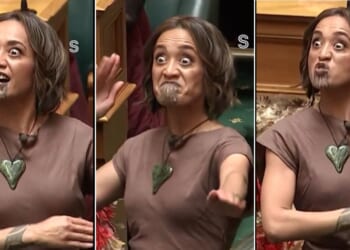
Don’t miss the full story from our staff writers, whose reportage is the basis of this article.
Ukrainian negotiators returned home Monday after intense discussions with Trump administration officials in Geneva, leaving the critical question of territorial concessions to Russia unresolved. President Volodymyr Zelenskyy said he would determine next steps after receiving a full briefing from his delegation, while presidential adviser Oleksandr Bevz indicated that territorial decisions can only be made at the head of state level.
The talks focused on a Trump administration 28-point peace plan revealed last week, though Zelenskyy noted the framework has been streamlined and now contains fewer points. He said he would discuss the remaining sensitive issues directly with President Trump, emphasizing Ukraine’s readiness to work quickly toward peace. Trump expressed cautious optimism on Truth Social, setting a Thanksgiving Day deadline for reaching a deal.
The original U.S. proposal sparked controversy in Washington and Europe for perceived favoritism toward Moscow. The plan called for Ukraine to cede its Donetsk and Luhansk regions plus Crimea to Russia, while Russia would withdraw from some currently occupied territories. It would ban NATO troops from Ukraine, effectively close the door on Ukrainian NATO membership, impose significant restrictions on Ukraine’s military size, and provide Russia relief from some economic sanctions.
Russian President Vladimir Putin told Turkish President Recep Tayyip Erdogan that the U.S. plan “can fundamentally be laid into the basis of the final peaceful settlement.” German Chancellor Friedrich Merz said the plan had been adjusted “in significant parts,” though specifics remain unclear.
Secretary of State Marco Rubio, who led the U.S. delegation, said the talks identified specific points requiring changes for Ukraine to accept the proposal, achieving this “in a very substantial way” without providing details.
Critics have identified fundamental flaws in the framework. Former U.S. Ambassador to Ukraine John E. Herbst questioned rewarding Russian aggression with strategic territory Moscow couldn’t conquer militarily, and criticized imposing arms limitations on the victim nation while placing none on the aggressor.
European leaders expressed reservations about unilateral U.S. decisions regarding NATO. Finnish President Alexander Stubb called the negotiations “a step forward” but emphasized that decisions affecting the EU or NATO must be discussed and decided by member states in a separate track. European leaders plan a virtual meeting Tuesday to discuss the negotiations’ status.
Read more: Territory concessions remain a major sticking point after U.S.-Ukraine peace talks
This article is written with the assistance of generative artificial intelligence based solely on Washington Times original reporting and wire services. For more information, please read our AI policy or contact Ann Wog, Managing Editor for Digital, at awog@washingtontimes.com
The Washington Times AI Ethics Newsroom Committee can be reached at aispotlight@washingtontimes.com.










